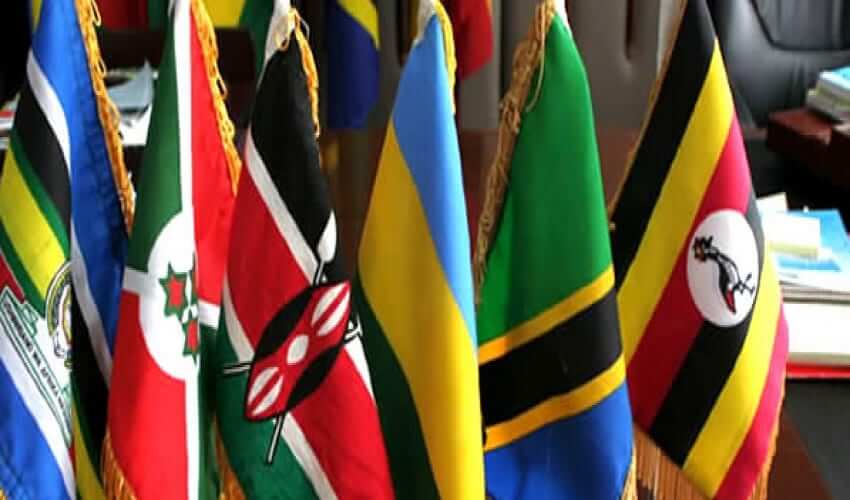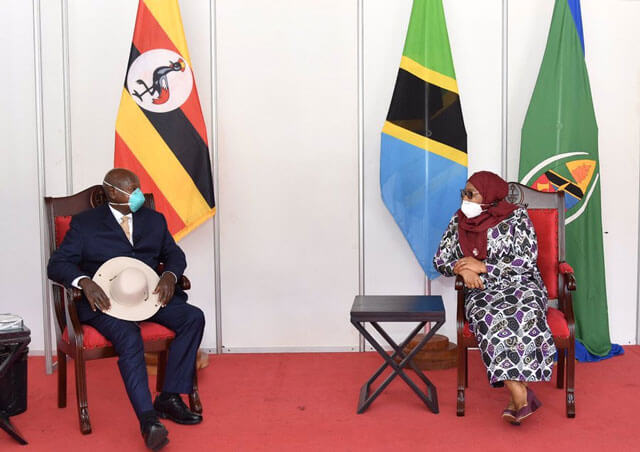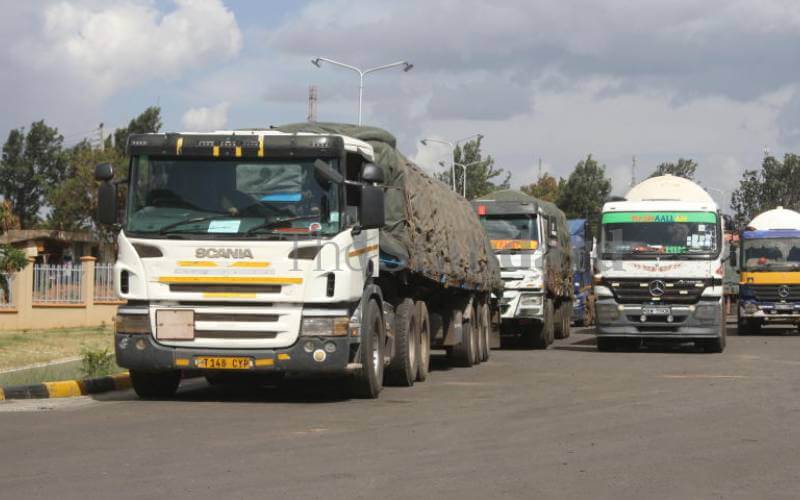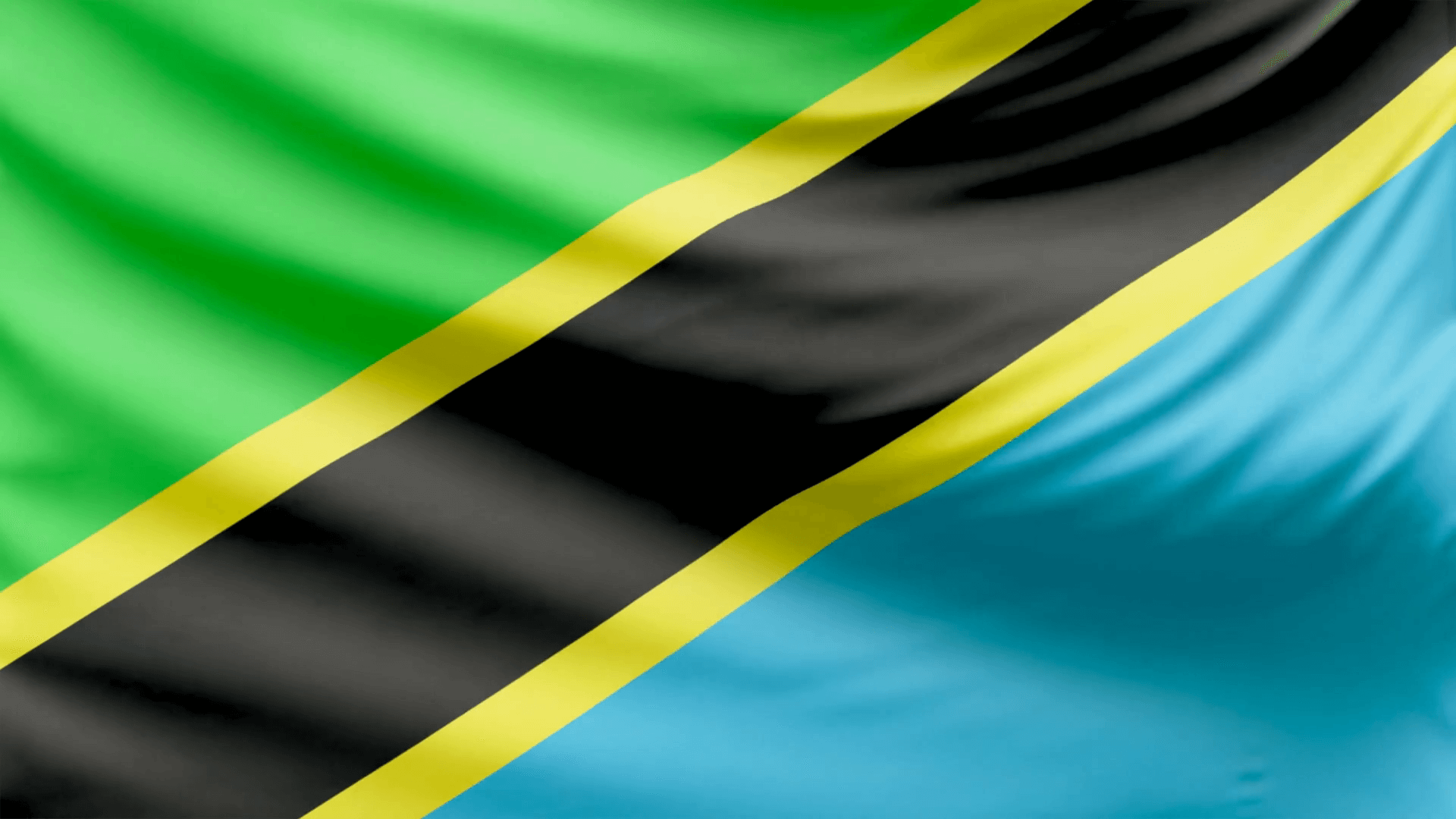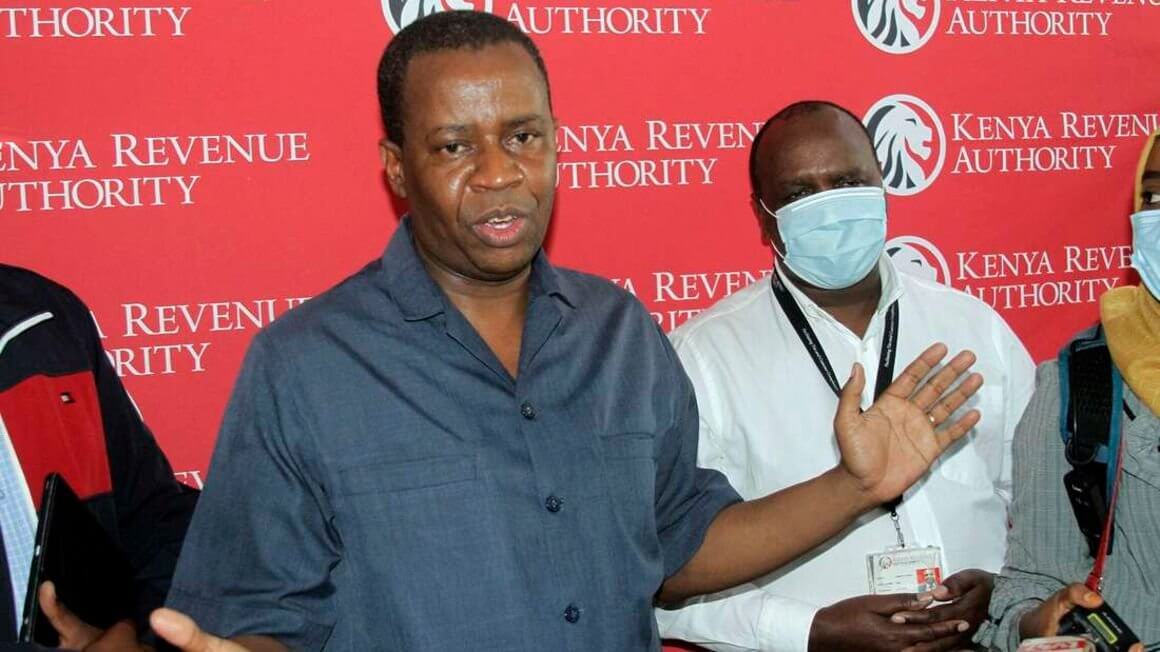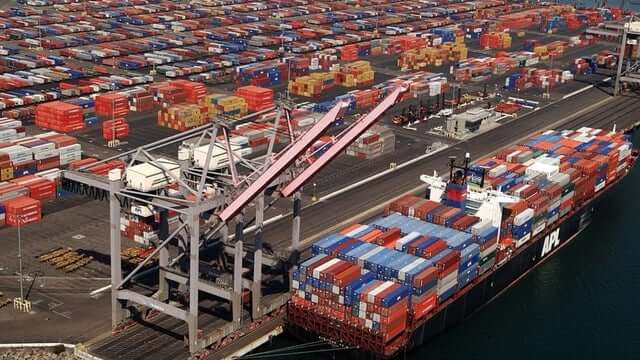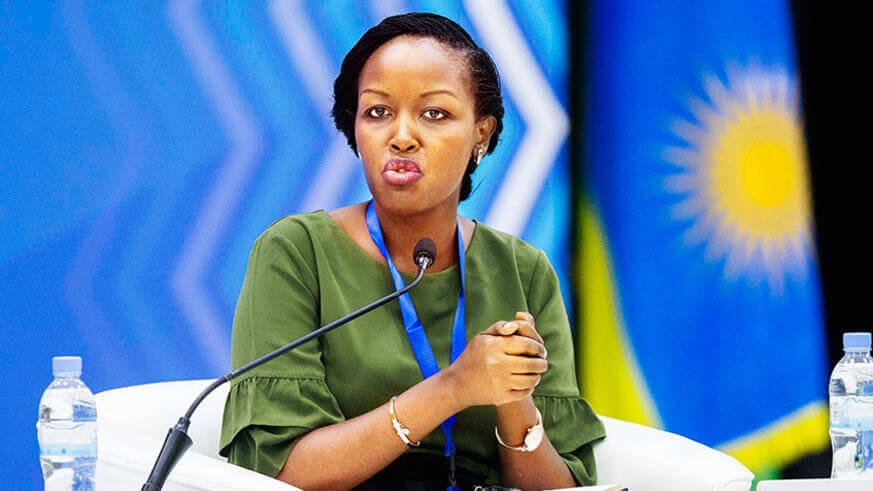Dan Kazungu, the envoy, said yesterday that the remaining 30 non-tariff barriers after earlier talks in May will be solved before the end of August, urging traders to prepare to do business with ease as there would no longer be obstacles. “Kenya and Tanzania are brothers and sisters; we don’t want to see any barriers,” he asserted. He recalled that Kenyan and Tanzanian ministers met and managed to cut 34 non-tariff barriers in cross border trade, a meeting arising from the two-day state visit made by President Samia Suluhu Hassan two months ago. He was addressing a delegation from the Kenya Association of Manufacturers (KAM) and their counterparts, the Confederation of Tanzania Industries (CTI). He said President Samia’s state visit was of great importance and it is the reason behind the decision by KAM Kenya to come in Tanzania to meet their counterparts to exchange ideas on the best way they can collaborate to nourish trade and investments. “The first state visit by President Samia was a privilege and an honor to us Kenyans because there are many countries she could have chosen to visit but she opted to come to us. And soon after her visit you can see the fruits; ministers between two states meet regularly and discuss trade issues,” the envoy explained He said ministers from Kenya and Tanzania met in Arusha recently where they discussed and managed to reduce 34 non-tariff barriers out of 64 that were tabled. EAC countries have a large potential market because...
‘Tanzania, Kenya trade shall soon be without barriers’
Posted on: July 12, 2021
Posted on: July 12, 2021


